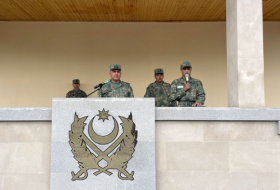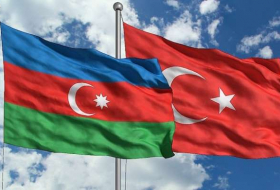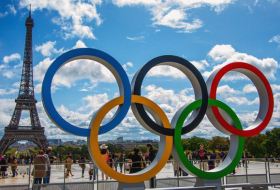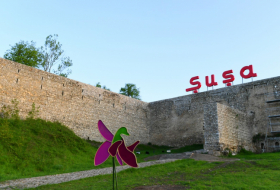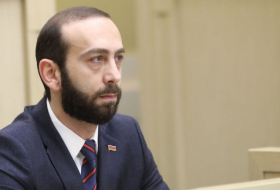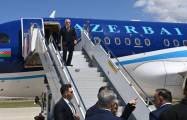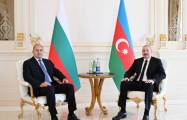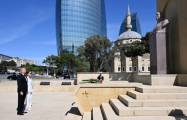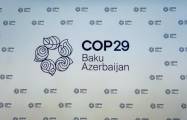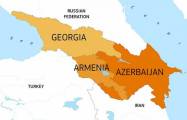By Matthewd Ancona
his is the week of Angélica González-García and her daughter. You will probably not have heard of them, and your mind may be on other things right now – the World Cup, avoiding heatstroke, Wimbledon, Brexit. But do search for them online, and watch González-García, a 31-year-old Guatemalan refugee from domestic violence, being reunited at Boston’s Logan airport with the eight-year-old, 55 days after they were separated without explanation at an Arizona detention centre.
She was told at the time by immigration officers that she would “never see” her daughter again. Indeed, that vicious prediction might have come true, had her case not been taken up by the American Civil Liberties Union and two law firms. The footage of the reunion is hard to watch: it makes you feel a strange combination of relief, anger and species shame. “Forgive me, my darling, for leaving you alone,” she says to her daughter as they clutch one another. “Forgive me. I didn’t want to.”
When Donald Trump arrives in Britain on Thursday, remember those words and his responsibility for the abject pain that underpins them. There are still about 3,000 immigrant children separated from their families because of this man’s lazy wickedness. Remember those words when he is being flattered by ministers in black tie at Blenheim Palace, or when he is at Chequers, or Windsor Castle to meet the Queen.
Shame on the prime minister for allowing this trip to go ahead. The shaky pragmatic case for welcoming the US president to these shores evaporated last August, when he insisted that there were “very fine people” among the neo-Nazis at Charlottesville. At that moment he departed overtly from one of the founding principles of the modern liberal democratic order: namely that nazism was, and still is, a uniquely awful ideology. This is a supranational orthodoxy. Trump’s unembarrassed departure from it required a meaningful sanction. Yes, I know that many repellent dictators and tyrants have paid official visits to this country: we hold our collective nose, proceed with protocol, and hope that the national interest will be served by pragmatism, rather than principle.
But it is precisely because of the UK’s close relationship with the US, our partnership in the preservation of liberal democracy, that higher standards apply. I am a committed Atlanticist – more so, perhaps, than many Guardian readers. But it is because of those beliefs that I think Trump should not have been rewarded with this visit.
But he is. During the presidential trip, the diplomatic runes will be read, the tea leaves scoured, the statements parsed for a sense of his plans. He will pledge fulsome support for Brexit, promise a trade deal with Britain (probably a “big and beautiful” one), reassure the PM that his commitment to Nato is unsullied by his insistence that its members “start paying your bills”. Everything he says will be micro-analysed. But why treat the finger-painting of a truculent toddler as if it were a Picasso? It’s just possible that Trump will mean what he says when he says it. But don’t count on anything beyond that. This is a man who can change his mind between the first and 140th character of a tweet. Caprice has no lifespan.
More important than what Trump says is what Britain says back to him. And the most significant element in that collective answer will be the series of rallies and demonstrations planned for the four-day visit. It is of the highest importance that these marches are both populous and peaceful. Nobody can predict how many will turn out to protest in cities across the UK – the centrepiece being the national Together Against Trump march and rally in London on Friday afternoon. But put it this way: I would be surprised if they were sparsely attended.
All the more reason, then, to think about the manner in which they are conducted. There has long been a tendency on the far left to romanticise what EP Thompson called “the moral economy of the English crowd” and to see this as a blank cheque for disorder. More recently, a new and pernicious doctrine has taken hold – that unacceptable or “problematic” speech is a form of violence and a justification for the pre-emptive use of force. I can imagine this axiom being used by British Antifa protesters as an excuse for pointless exhibitions of force this week.
Strength, dignity and wit: these should be the hallmarks of the protests. The Trump baby blimp is both magnificently British in its surreal scale and perfect for a president who, unlike Barack Obama and George W Bush, lacks any sense of self-irony. London’s mayor, Sadiq Khan, who has crossed swords with the president more than once, deserves our thanks for allowing Hairpiece One to drift over the capital.
Remember, too, that Trump is primarily concerned with showbusiness and ratings. That is how he won the White House, and why he was so particularly furious that more people attended Obama’s first inauguration than his own. He is a product of, and obsessed by, spectacle. So nothing would delight him more than for this week’s protests to degenerate into violence. Such images would support his claim that Britain is a crime-infested nation on the brink of social collapse. In contrast, a huge rally, proud, peaceful and strong, through the world’s greatest city would send a powerful signal that, whatever the British prime minister may do, Britons do not kowtow to this terrible man, or accept his brutal populism.
I am reminded of the late Paul Monette’s instruction: “Go without hate, but not without rage. Heal the world.” That is a good maxim for life. And especially so in the next few days. Remember: this is the week of Angélica González-García and her daughter.
The Guardian
More about: #Donald-Trump








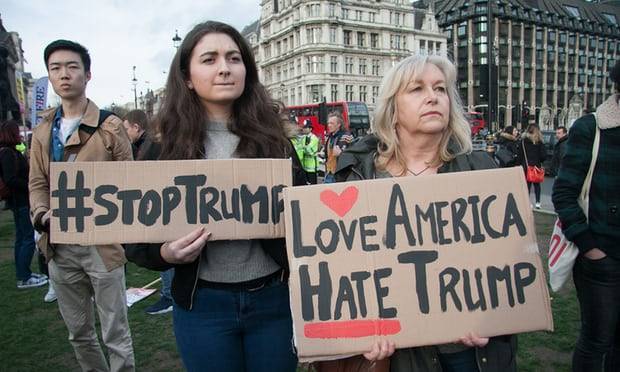






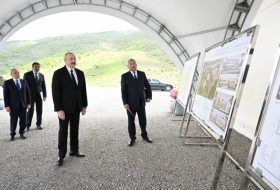

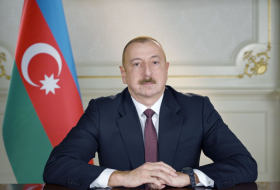
-1518161895.jpg&h=190&w=280&zc=1&q=100)

